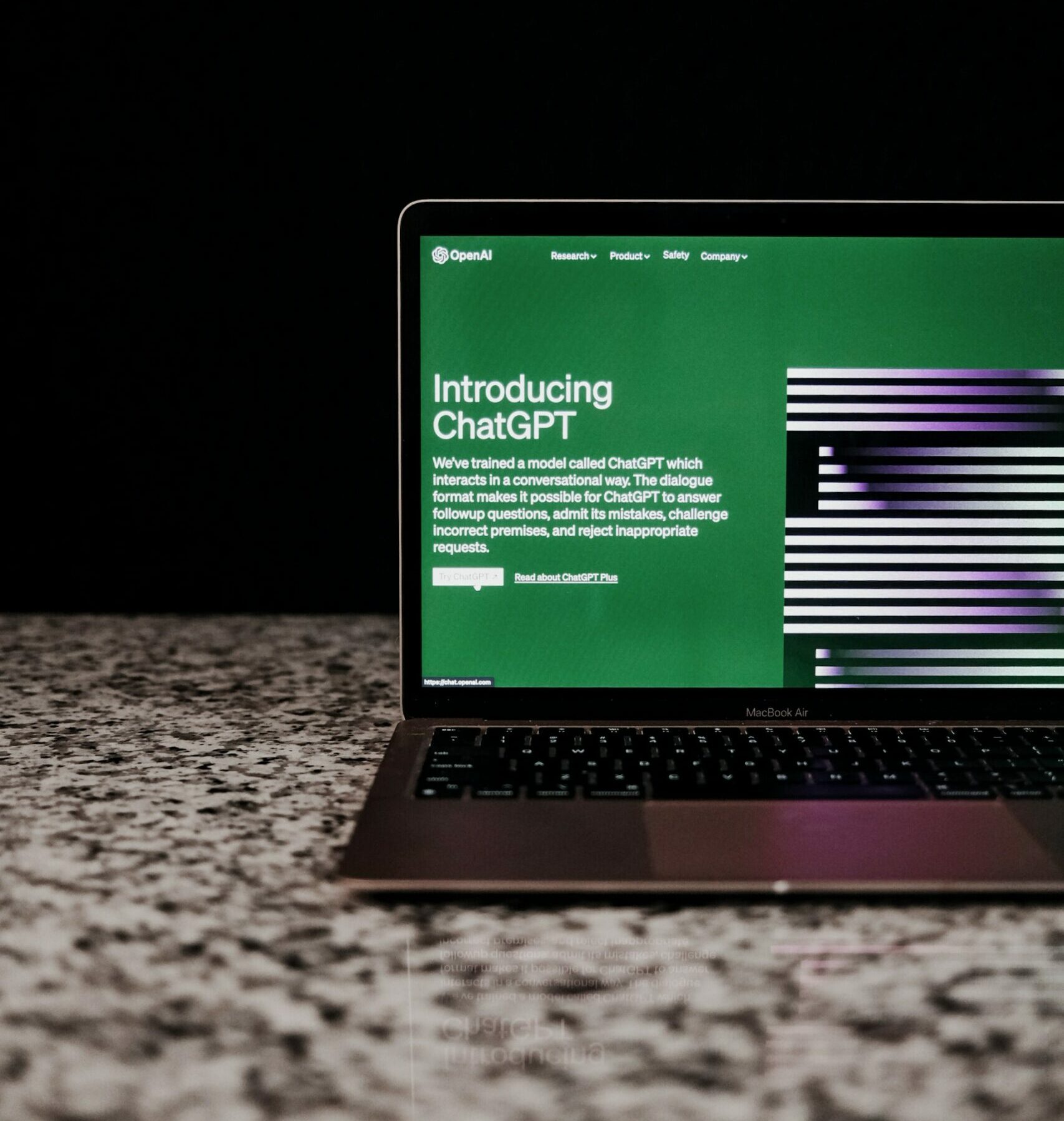Since launching last November, AI language model ChatGPT has accrued over 100 million users as people flock to embrace the convenience and efficiency it offers. OpenAI just released ChatGPT-4, the model’s next iteration, which has an ability to understand images as well as text and can solve problems with even greater accuracy.
Designed to assist people in generating responses to their queries and providing informative answers, the past five months have seen pervasive adoption across industries, with employees using it for various research and content tasks. The PR industry is no exception, particularly in the corporate and B2B sectors, where content is king.
When it comes to PR tasks, here are some ways it can help:
- Saving time: Writing content from scratch can be very time-consuming and often the toughest part of drafting new content is getting those initial words down on a page. Sometimes you have to be in the right frame of mind for thinking creatively but your schedule might not necessarily allow for that. ChatGPT can help speed up the process by generating a first draft, allowing you to focus on refining the content rather than starting from scratch.
- Producing coherent content: Gone are the days of AIs producing gobbledygook. ChatGPT uses advanced machine learning algorithms to generate sensible, accurate and grammatically correct content. While it may not be perfect, it can still provide a good foundation for your writing. However, its responses are based on patterns, not necessarily facts and data, so sources always need to be checked.
- A research tool: When it comes to brainstorming creative ideas, it’s useful to have a sounding board for examples and inspiration – whether that’s sourcing potential influencers to use for a campaign or investigating logistics. ChatGPT can suggest a range of related answers and ideas to explore. Similarly, it can generate fresh ideas and steer you to approach campaigns or content from a different perspective.
But this is not a silver bullet – media-worthy content has to be credible and exclusive, and that requires a human touch.
While ChatGPT is undoubtedly a useful tool to assist PRs with drafting content, there is still a clear need for human involvement. No matter how sophisticated AI technologies become, this is unlikely to change any time soon.
As mentioned, while it may be able to generate text that is coherent and resembles human language, ChatGPT may not always provide reliable or factually accurate information. Therefore, it is always recommended to fact-check information and to use multiple sources to verify the accuracy of its responses.
Secondly, a human touch is essential for building unique insights into content that is newsworthy and valuable for its audience. They are called ‘opinion pieces’ for a reason and if all businesses were getting ChatGPT to produce their content, everybody would end up saying the same thing – that is, an amalgamation of what’s already out there.
At Ballou, we encourage our team to use AI to support with tasks if it saves them time, but make it clear that the human creativity and critical thinking we hired them for cannot be bypassed. Luckily, this means we won’t be out of a job any time soon.
[Written with support from ChatGPT]

